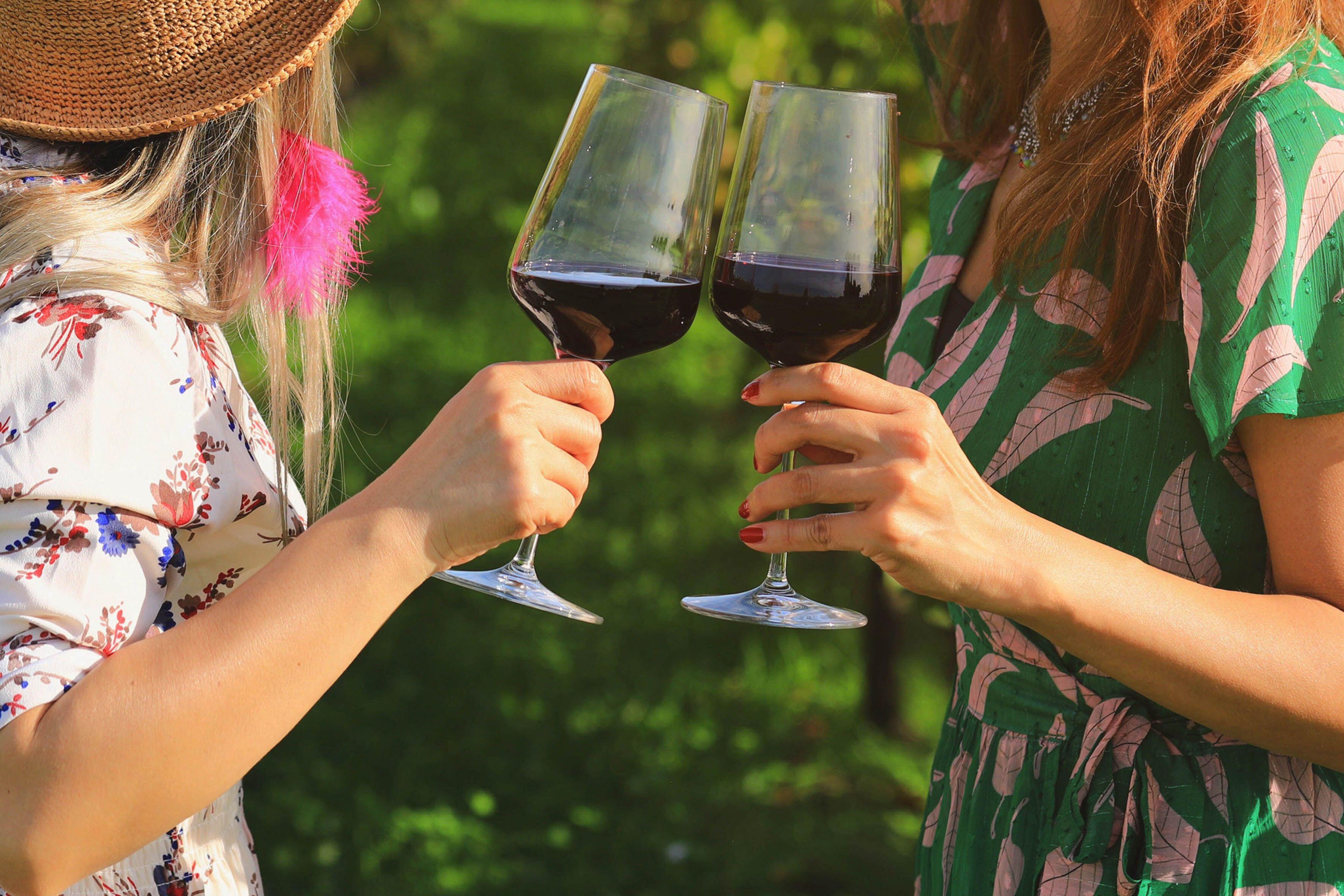Actually, the French don’t know anything about wine...
Despite being one of the top producers in the world, France pales in comparison to the UK when it comes to knowledge of their tipple, writes wine expert Rosamund Hall. It’s true – and it’s not just sour grapes...


Before I go on, I need to unequivocally state that I am a signed-up, beret-wearing Francophile. I love France, the French and all things Francais. If I’m asked what my favourite wine is, I always have the same answer: it’s impossible to choose, but it definitely comes from France. If I’m asked where produces the best wine in the world, I don’t skip a beat in answering – France, bien sûr!
The French boast the finest and unequivocally greatest wines in the world – which makes it all the stranger that they don’t actually know anything about wine.
I first came to this realisation when I was working with a very talented Frenchman at a London wine merchant; he was from a prestigious Burgundy family and had pinot noir running through his veins. I felt slightly intimidated by what I presumed to be his great knowledge – but the reality was he had very little understanding of any wine that wasn’t from his region. Yes, he knew the famed regions of his homeland, but anything beyond “L’Hexagone’s” borders really was totally foreign to him.
There is a comforting parochial and loyal nature that the French have towards their wine. They are fiercely loyal to the wine of their local region, or the regions of distant relatives. You only have to go into the local supermarket of a wine-producing area to realise that they stick strongly to what they produce locally. It’s a wonderful thing.
Wine is even written into French law: “Wines, vine products, viticultural terroirs … derived from local traditions are part of the protected cultural, gastronomic and landscape heritage of France.” The “gastronomic French meal” has been inscribed on Unesco’s representative list of the intangible cultural heritage of humanity since 2010.
But, despite the identity of the French being entwined with its food and wine culture, it doesn’t equate to a breadth of knowledge and experience gained from the opportunity to taste wines from all over the world.
When asked by friends and clients how to learn more about wine, I often suggest that if you can gain an understanding of the wines of France, then you’ll pretty much be able to decipher any region in the world, because any region globally tries to emulate what France produces. It’s the spiritual home of the most “international” of all grape varieties: sauvignon blanc, chardonnay, pinot noir and cabernet sauvignon.
But the French are in crisis. Taking an evening stroll around the university town of Tours last Autumn, in the heart of the Loire Valley, one of the most famous wine regions of the world, the streets were thronging with young people all drinking… beer.
France has the highest number of breweries in Europe, with more than 2,500 registered companies. This represents massive growth over the last decade, since there were only 500 breweries in 2013 and around 30 in the 1980s. Wine consumption is declining amongst the younger generations, with them favouring beer or cocktails, and viewing wine as an older person’s drink.
In June 2023, the EU announced predictions for a steep decline in wine consumption in key EU markets, with a whopping 15 per cent drop year-on-year estimated for France. This was tallied alongside continuing growth of 4 per cent in wine production across the EU bloc, which is the world’s largest winemaking area, resulting in oversupply and falling prices.
After intense protests from French winemakers – including huge piles of manure being dumped across the opulent streets of Bordeaux, Spanish lorries being sabotaged while crossing the border, and bottles of cava being destroyed – the EU pledged €160m (£137m) to pull up vineyards in France. Further to this, the French state has pledged to allocate €200m to turn excess wine into industrial alcohol, all of which is hoped to stop prices tumbling.
But what does this mean for the future of French wine? I spend a lot of time in France, and I am always struck by the terrible lack of decent marketing for their wondrous product.
Historically, wine labelling is poor and styles haven’t evolved to suit changing palates. However, new generations of winemakers are increasingly experimenting with different production methods, perhaps influenced by time spent in wineries in Australia, South Africa, or the Americas, giving them the opportunity to taste different styles and expressions of grapes that have been the bedrock of the French wine industry.
It is only by tasting a broad range of wines that you can discover what you do and don’t love, and we are endlessly fortunate in the UK to have access to wines from all over the world. You may not think you know much about wine, but I hazard to guess that you’ll have drunk malbec from Argentina, pinot grigio from Italy, chenin blanc from South Africa and shiraz from Australia, to name just a few.
You can peruse the shelves of any major supermarket, and have the opportunity to taste some esoteric wines as well as the regular crowd-pleasers – something you just can’t do in France. We also have the most highly educated wine professionals in the UK. According to the Institute of Masters of Wine, of the 416 active Masters of Wine based across 31 countries worldwide, the UK boasts 208 MWs, with France a mere 18.
So I’ll continue to adore every moment when I’m visiting France – to enjoy the food and, of course, the wine. I always want to live a life full of joie de vivre. But I’m always excited to know that right here in the UK, we have access to wonderful wines from all over the world.
Rosamund Hall (DipWSET) is a freelance writer and wine consultant






Join our commenting forum
Join thought-provoking conversations, follow other Independent readers and see their replies
Comments